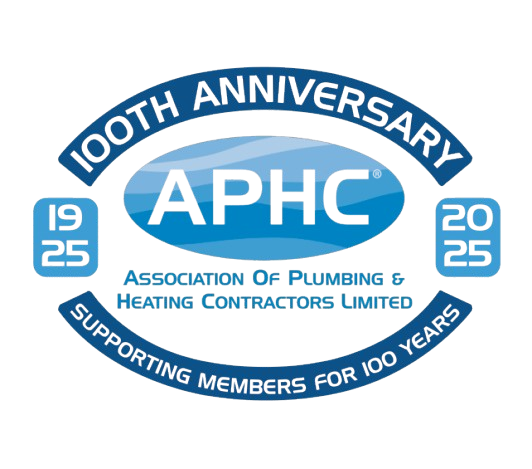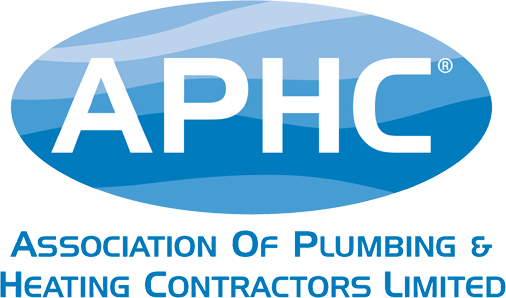Building Regulations set the minimum standards for the design, construction, and alteration of buildings, including plumbing and heating systems. These regulations are established by the UK government and enforced by local authorities.
How to Ensure Compliance with Building Regulations
Many plumbing and heating projects must be notified to and approved by a Building Control Body (BCB), which could be either the Local Authority Building Control or a private Approved Inspector. However, if you hire an installer registered with a Competent Person Scheme (CPS), they can self-certify the work as compliant with Building Regulations. This eliminates the need for direct Building Control approval.
A CPS-registered installer is qualified to carry out specific types of work and will issue a certificate of compliance through their Competent Person Scheme operator. For example, APHC (Certification) Ltd. is one such operator. This certificate is also logged with the local Building Control Body for record-keeping.
Additionally, Competent Person Schemes offer benefits such as insurance-backed warranties and formal complaints procedures, providing homeowners with recourse if any issues arise.
Benefits of Using a Competent Person Scheme
For plumbing and heating work, hiring an installer from a Competent Person Scheme is often the most cost-effective way to ensure compliance with Building Regulations. If you opt not to use a CPS-registered installer, you will need to obtain approval from Building Control, which can be significantly more expensive.
What Types of Plumbing and Heating Work Require Notification?
Before starting any plumbing or heating project, it is wise to check with a Competent Person Scheme member to see if the work requires notification to your Local Authority. Always confirm the installer’s CPS membership by requesting to see their identification. Common examples of work requiring notification include:
- Installation of gas, oil, or solid fuel appliances
- Installation or replacement of hot water and heating systems
- Electrical installation in domestic properties
- Installation of plumbing systems, water supply, and bathrooms
- Installation of microgeneration and renewable technologies (e.g., solar panels, heat pumps)
What Happens if You Don’t Comply with Building Regulations?
Failure to comply with Building Regulations is illegal. As the property owner, you could face prosecution and unlimited fines. Additionally, any work that is not checked or certified may be unsafe, leading to potential health hazards, injury, or even death.
What if You Don’t Notify Building Control?
If the work was not notified to a Building Control Body or performed by a CPS-registered installer, the Local Authority will have no record of the work’s compliance with Building Regulations. This could be problematic when you try to sell your property, as you may be asked to provide Certificates of Compliance. If the work is later found to be faulty, the Local Authority may require you to correct it at your own expense.
What if You Lose Your Compliance Certificates?
If your plumbing and heating work was approved but you have misplaced the Compliance Certificate, you can request a duplicate from your Local Authority or from the installer’s Competent Person Scheme operator. If you’re unsure of the CPS operator, you can contact the installer directly.
Finding a Competent Person Scheme Member
APHC Certification operates a Competent Person Scheme as well as a scheme for Microgeneration Certification. To find qualified installers, visit www.aphc.co.uk/find-an-aphc-member/
By following these guidelines, you can ensure that your plumbing and heating systems are safe, legal, and compliant with current Building Regulations.



